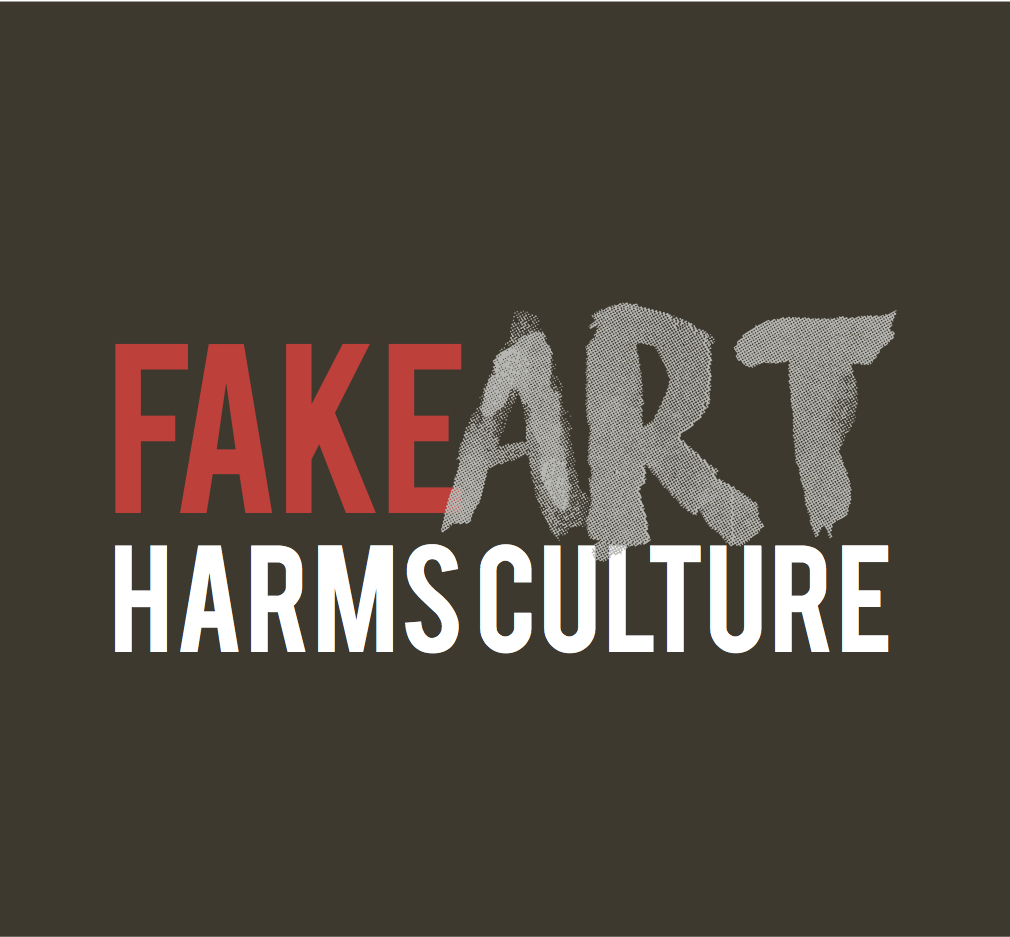MEDIA RELEASE: Federal Report confirms that Fake Art Harms Culture but stops short of enforcing ban.

The Productivity Commission report into Aboriginal and Torres Strait Islander Visual Arts and Crafts, released today, confirms what we already know… fake art harms culture. Up to 75% Indigenous-style consumer products in the market are fake.
The commission report has recommended a mandatory labelling scheme for inauthentic products. Labelling ‘fake art’ is not good enough.
We are disappointed that the Commission has not supported our recommendation to change the Australian Consumer Law to ban inauthentic Indigenous art and products altogether. Instead, the Commission has prioritised businesses and consumers by allowing these products to remain and instead recommending mandatory labelling of inauthentic products.
Given the Australian Government’s commitment to ‘Closing the Gap’ , why would we want to continue to allow inauthentic product in the market at all?
We are pleased the Commission has recommended dedicated laws to better protect Indigenous Cultural and Intellectual Property (ICIP) in Indigenous visual arts and crafts as a first step. A comprehensive legislative strategy to protect all aspects of ICIP must follow.
Service organisations, including Arts Law, play a key role in supporting Aboriginal and Torres Strait Islander artists and communities to understand and protect their rights. The report acknowledges this important work but does not commit to further resourcing or funding. We ask the government to invest in additional funding to ensure legal and support services are accessible and affordable for Aboriginal and Torres Strait Islander artists to protect their rights.
Robyn Ayres, CEO Arts Law, said of the report:
“While pleased that the Productivity Commission has recognised the huge problem posed by fake Indigenous arts and crafts, it is disappointing they haven’t recommended an outright ban. How does labelling Australia’s First Culture as “stolen” make the theft more acceptable?”
“Arts Law, along with the Fake Art Harms Culture Standing Committee, will continue to advocate for Aboriginal and Torres Strait Islander artists and communities. We are committed to working towards a better world where Aboriginal and Torres Strait Islander arts and culture is properly protected and respected.”
For more information or requests for an interview, please contact:
Emily Phipps, Communications Manager, Arts Law Centre of Australia at [email protected]

